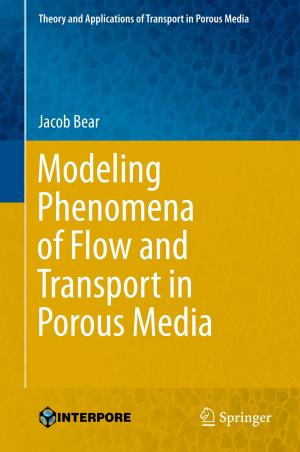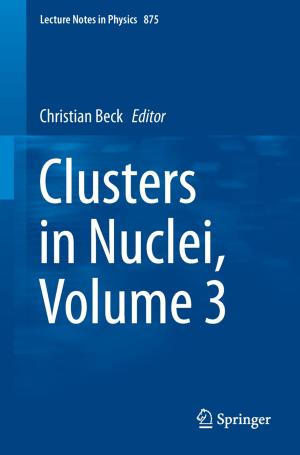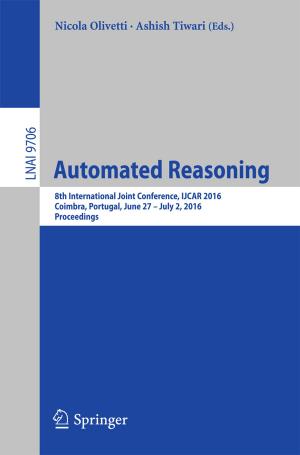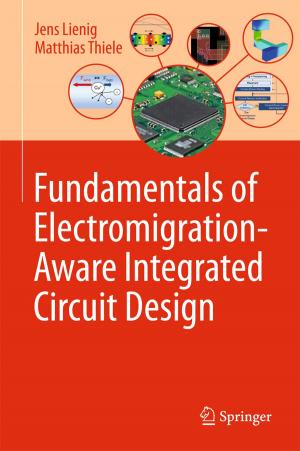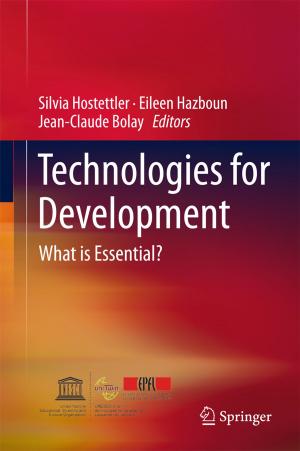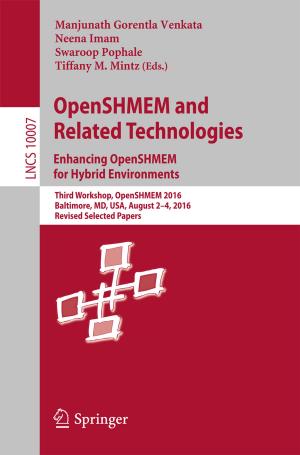More than Fighting for Peace?
Conflict Resolution, UN Peacekeeping, and the Role of Training Military Personnel
Nonfiction, Social & Cultural Studies, Political Science, International, International Relations, Politics, History & Theory| Author: | David Curran | ISBN: | 9783319463056 |
| Publisher: | Springer International Publishing | Publication: | November 25, 2016 |
| Imprint: | Springer | Language: | English |
| Author: | David Curran |
| ISBN: | 9783319463056 |
| Publisher: | Springer International Publishing |
| Publication: | November 25, 2016 |
| Imprint: | Springer |
| Language: | English |
This book provides a contemporary account of the linkages between the academic field of conflict resolution and the practice of military peacekeeping, through the lens of pre-deployment training for military personnel about to embark on UN peacekeeping operations. Military personnel serving on United Nations peacekeeping operations are deployed into highly challenging post-conflict environments, where the likelihood of violence remains high. Moreover, these personnel are deployed part of a wider peace process, and are thus situated as an anchor point in a transition from war to peace. This dimension of their work therefore means that a range of skills and techniques are relied upon, which come not from traditional military training, but from other, non-traditional fields. It is into this gap where the academic field of conflict resolution has made a valuable contribution to understanding international peacekeeping. Since the 1970’s, studies have sought to understand international peacekeeping as a necessary stage in conflict de-escalation, and ultimately transformation. From this, there is a history of engagement including studies which seek to understand the skills peacekeepers may need to assist them in their day to day activities, and the role that international peacekeeping plays in wider projects of conflict transformation.
This book provides a contemporary account of the linkages between the academic field of conflict resolution and the practice of military peacekeeping, through the lens of pre-deployment training for military personnel about to embark on UN peacekeeping operations. Military personnel serving on United Nations peacekeeping operations are deployed into highly challenging post-conflict environments, where the likelihood of violence remains high. Moreover, these personnel are deployed part of a wider peace process, and are thus situated as an anchor point in a transition from war to peace. This dimension of their work therefore means that a range of skills and techniques are relied upon, which come not from traditional military training, but from other, non-traditional fields. It is into this gap where the academic field of conflict resolution has made a valuable contribution to understanding international peacekeeping. Since the 1970’s, studies have sought to understand international peacekeeping as a necessary stage in conflict de-escalation, and ultimately transformation. From this, there is a history of engagement including studies which seek to understand the skills peacekeepers may need to assist them in their day to day activities, and the role that international peacekeeping plays in wider projects of conflict transformation.




